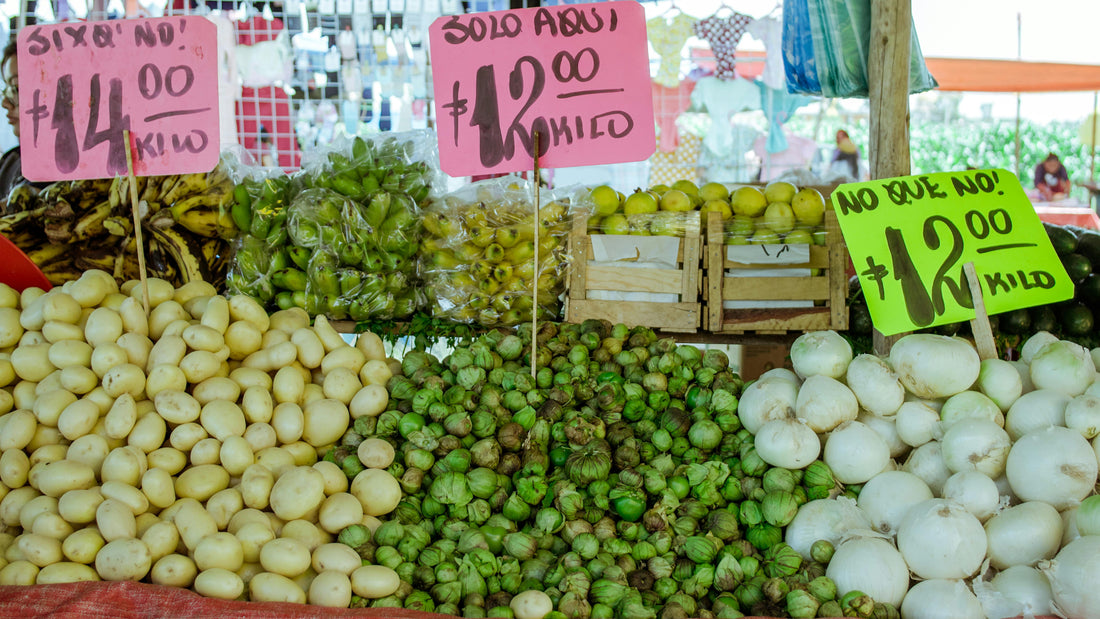1. Social Media Platforms
Social media is a powerful tool for building your farm’s brand and engaging with your community.
• Facebook: Create a business page to share updates, photos, and stories from your farm. Facebook’s community features allow you to create events, run ads, and engage with followers through comments and messages.
• Instagram: Perfect for visually showcasing your farm’s practices and products. Use Instagram Stories and Reels to provide behind-the-scenes looks and highlight your sustainable practices.
• YouTube: Create videos that educate viewers about permaculture principles, show your farming processes, and share testimonials from happy customers.
2. Email Marketing
Building an email list allows you to maintain direct communication with your customers and keep them informed about your products and events.
• Mailchimp: A user-friendly email marketing platform that allows you to design emails, segment your audience, and analyze campaign performance.
• Constant Contact: Offers customizable email templates and tools to automate your email campaigns, making it easier to stay in touch with your subscribers.
3. E-commerce Platforms
Having an online store can expand your reach beyond your local community and provide a convenient way for customers to purchase your products.
• Shopify: A comprehensive e-commerce platform that is easy to set up and manage. It offers various plugins for inventory management, shipping, and marketing.
• Square Online: Ideal for farmers markets and local delivery, Square Online integrates with point-of-sale systems and provides a straightforward way to manage online orders.
4. Content Management Systems (CMS)
A well-designed website is crucial for showcasing your farm and its unique value proposition.
• WordPress: A flexible and powerful CMS that allows you to create a professional website with various themes and plugins tailored to agricultural businesses.
• Wix: Known for its ease of use, Wix offers drag-and-drop website building and customizable templates, making it simple to create a visually appealing site.
5. Customer Relationship Management (CRM) Systems
CRM systems help you manage interactions with current and potential customers, ensuring you provide excellent service and build lasting relationships.
• HubSpot: A free CRM that offers tools for email marketing, social media management, and customer service, helping you keep track of customer interactions and automate follow-ups.
• Zoho CRM: Provides comprehensive features for managing sales, marketing, and customer support, tailored to small and medium-sized businesses.
6. Online Marketplaces
Listing your products on online marketplaces can increase visibility and sales.
• Leprendo: An online marketplace focused on connecting farmers with consumers, allowing you to share your farm’s story and sell your produce directly to customers.
• FarmersWeb: Designed for small to mid-sized farms, this platform helps you manage orders, track inventory, and streamline your sales process.
7. Analytics Tools
Understanding your marketing performance is essential for making informed decisions and improving your strategies.
• Google Analytics: Provides detailed insights into your website traffic, user behavior, and conversion rates, helping you optimize your online presence.
• Hootsuite: Allows you to manage all your social media accounts in one place and analyze the performance of your social media campaigns.
Conclusion
Effective marketing is key to the success of permaculture farms. By leveraging these essential tools, you can reach a wider audience, build a loyal customer base, and highlight the unique benefits of your sustainable farming practices. Whether you’re just starting or looking to enhance your existing marketing efforts, these tools will help you promote your permaculture farm more effectively and sustainably.

